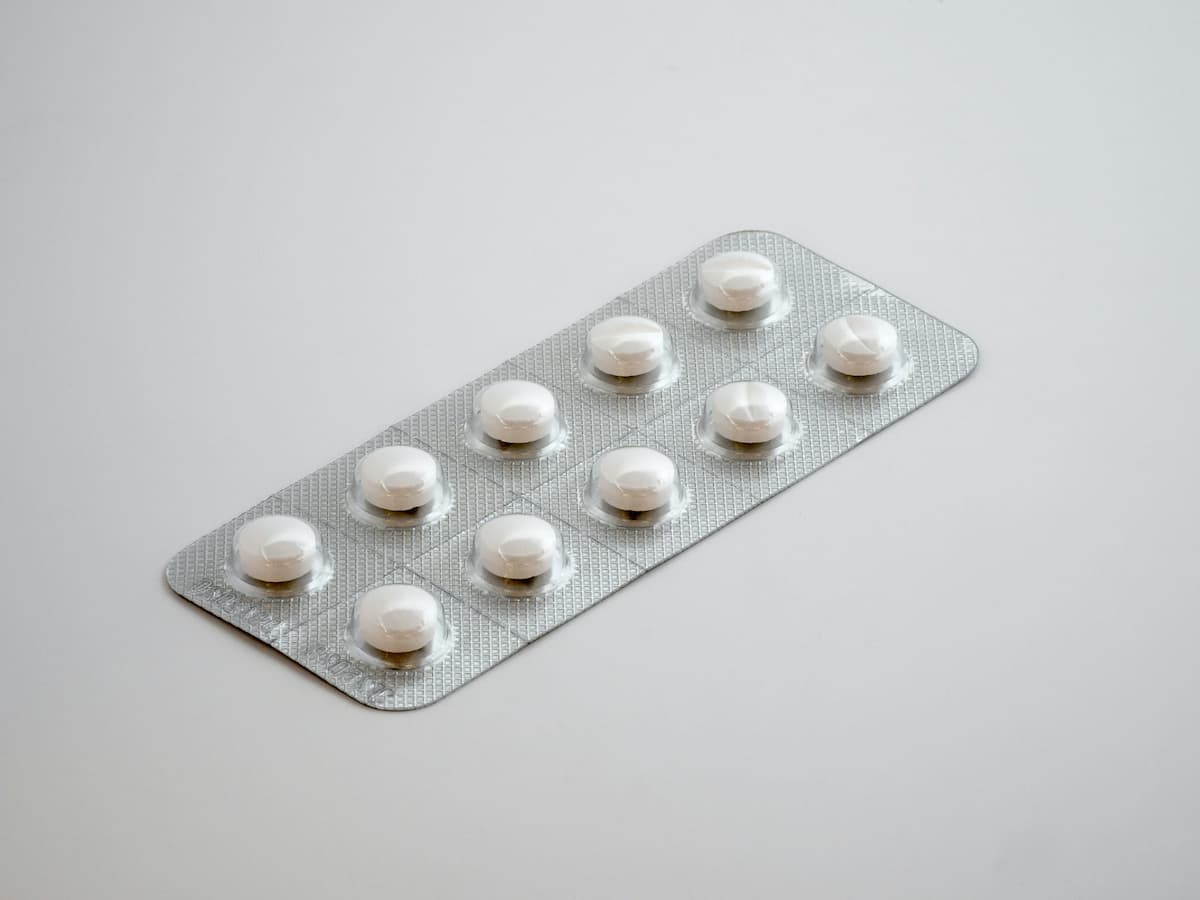These are some common signs of a deficiency in vitamin B12.
Loss of energy and problems concentrating can both be signs of vitamin B12 deficiency, research suggests.
Lack of the crucial vitamin has also been linked to other depression symptoms, such as low mood.
In fact, people with a deficiency in vitamin B12 are at triple the risk of developing melancholic depression, one study has found.
Constipation, muscle weakness and a general feeling of being tired are some other common signs of vitamin B12 deficiency.
It may be that one-quarter of people have a deficiency in vitamin B12.
Vitamin B12 is used by the body to make red blood cells and in supporting a healthy nervous system.
Fortunately, the deficiency is relatively easy to correct.
Foods that contain high amounts of vitamin B12 include beef, salmon, eggs, low-fat milk and dairy in general.
People at higher risk of suffering vitamin B12 deficiency include vegetarians, older people and those with digestive disorders.
Vitamin B12 has been trialled in the treatment of some mental health problems.
One study has found that B vitamins can help people with psychosis to improve their concentration.
People recovering from psychosis in the study performed better on concentration tests after taking B vitamins.
Dr Kelly Allott, the study’s first author, said:
“This indicates the B-vitamins could have a neuroprotective effect; although they are not improving a patient’s concentration skills, they may be protecting these skills from declining.
Psychosis is a diverse condition where everybody presents with different symptoms and a different biological profile.
What was particularly interesting was that the participants who had abnormally high homocysteine levels at baseline were most responsive to the B-vitamin supplements, in terms of improvement in attention.
The results of this study support a more personalised approach to vitamin supplementation in first episode psychosis, suggesting those with elevated homocysteine are likely to benefit most.”
The study was published in the journal Biological Psychiatry (Allott et al., 2019).










